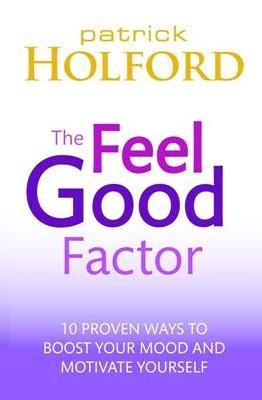Do You Have The Guts To Be Happy?
When you feel tired, depressed, stressed or anxious - the chances are you wouldn’t consider that your digestive system or a food you’ve eaten could have anything to do with it.
But the gut and our emotions are linked.
In the same way that nervousness can upset the tummy, so foods that don’t ‘agree with us’ can upset our mind. In fact, the most important good mood neurotransmitter, serotonin, is largely produced in the gut.

The study used a double-blind placebo-controlled trial, by giving the patients either dummy foods, or their allergenic foods, in small quantities, disguised so that they didn’t know what they were eating.
The results showed that the food allergens alone were able to produce severe depression, nervousness, feelings of anger loss of motivation and severe mental blankness.
One of the most common foods that produces depression is wheat.
One of the first presenting symptoms of coeliacs disease, which is the most severe form of wheat allergy, is depression.
Most medical textbooks say that coeliacs is rare, affecting maybe one in 3,000 people but this is wrong. About one in a hundred adults, and one in thirty with digestive problems, have coeliacs, so this condition is vastly under diagnosed.
Most coeliacs sufferers react to a protein in wheat called gliadin - but many more people have a different kind of reaction, called an IgG based food intolerance.
Peter is a case in point.
When Peter came to the Brain Bio Centre in Richmond he had a long history of mental-health problems which left him unable to work and over the years he’d tried various antidepressants.
He had suffered with periods of severe depression and sometimes experienced suicidal thoughts, along with many unpleasant side effects from the medication. He felt he wanted to be able to ‘enjoy life to the full’ but wasn’t able to.
When he was tested for IgG-based food intolerances he reacted to many foods, including gliadin; the offending protein in wheat, egg white, corn and barley.
After removing these foods from his diet and following a supplement programme to support his general health he began to experience fewer spells of feeling down and noticed, what he described as, a ‘huge improvement’ in his general well-being and mood.
In his book Patrick explains how to identify your hidden food allergies, which is one of ten proven ways to improve your mood.
Feel Good Factor by Patrick Holford (Piatkus £12.99).
For more information visit: www.patrickholford.com/feelgoodfactor